Ordinance Banning Instant Triple Talaq Re-Issued
Sun 13 Jan 2019, 15:47:33

The government has re-promulgated the ordinance banning the practice of instant triple talaq. Under the Muslim Women (Protection of Rights on Marriage) Ordinance, 2019, issued on Saturday, divorcing through instant triple talaq will be illegal, void and would attract a jail term of three years for the husband.
A Bill to convert the earlier ordinance, issued in September, 2018, was cleared by Lok Sabha in December and was pending in Rajya Sabha.
Since the Bill could not get the parliamentary approval, the fresh ordinance was issued. The Union Cabinet had last week approved reissuance of the ordinance.
Seeking to allay fears that the proposed law could be misused, the government has included certain safeguards in it such as adding a provision of bail for the accused before trial These amendments were cleared by the Cabinet on August 29, 2018. While the ordinance makes it a "non-bailable" offence, an accused can approach a magistrate even before trial to seek bail.
In a non-bailable offence, bail cannot be granted by police at the police station itself.
A provision
has been added to allow the magistrate to grant bail "after hearing the wife", the government had said.
has been added to allow the magistrate to grant bail "after hearing the wife", the government had said.
The magistrate would ensure that bail is granted only after the husband agrees to grant compensation to the wife as provided in the bill.
The police would lodge an FIR only if approached by the victim (wife), her blood relations or people who become her relatives by virtue of her marriage.
Neighbours and others cannot lodge a complaint under the ordinance. The offence of instant triple talaq will be "compoundable". A magistrate can use his powers to settle the dispute between a husband and his wife. This will happen only when the wife approaches the court.
Under a compoundable offence, both parties have the liberty of withdrawing the case. The proposed law would only be applicable on instant triple talaq or 'talaq-e-biddat' and it would give power to the victim to approach a magistrate seeking "subsistence allowance" for herself and minor children.
A woman can also seek the custody of her minor children from the magistrate who will take a final call on the issue.
No Comments For This Post, Be first to write a Comment.
Most viewed from National
Most viewed from World
AIMIM News
Delhi Assembly polls: Owaisi leads Padyatra in Okhla
Feb 01, 2025
We reject this Waqf Amendment Bill: Asaduddin Owaisi
Jan 30, 2025
Latest Urdu News
Most Viewed
May 26, 2020
Which team will win the ICC Men's Champions Trophy 2025 held in Pakistan/Dubai?
Latest Videos View All
Like Us
Home
About Us
Advertise With Us
All Polls
Epaper Archives
Privacy Policy
Contact Us
Download Etemaad App
© 2025 Etemaad Daily News, All Rights Reserved.

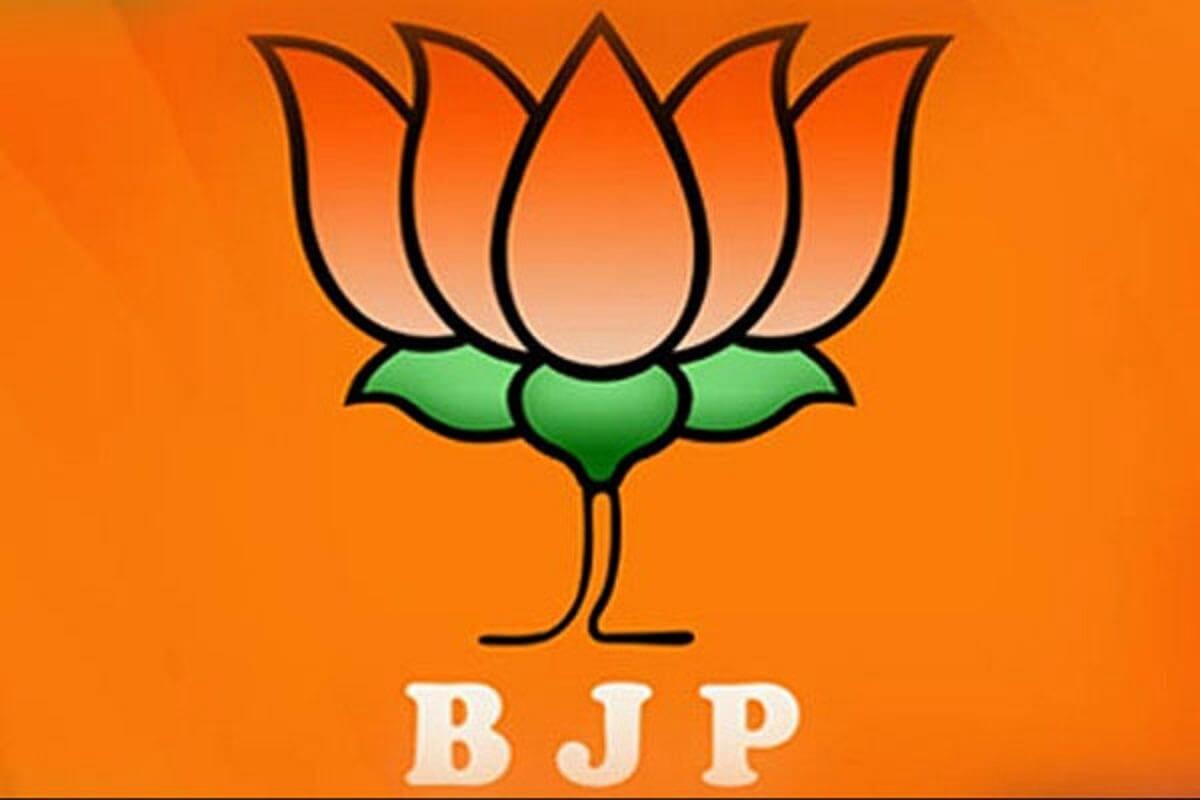

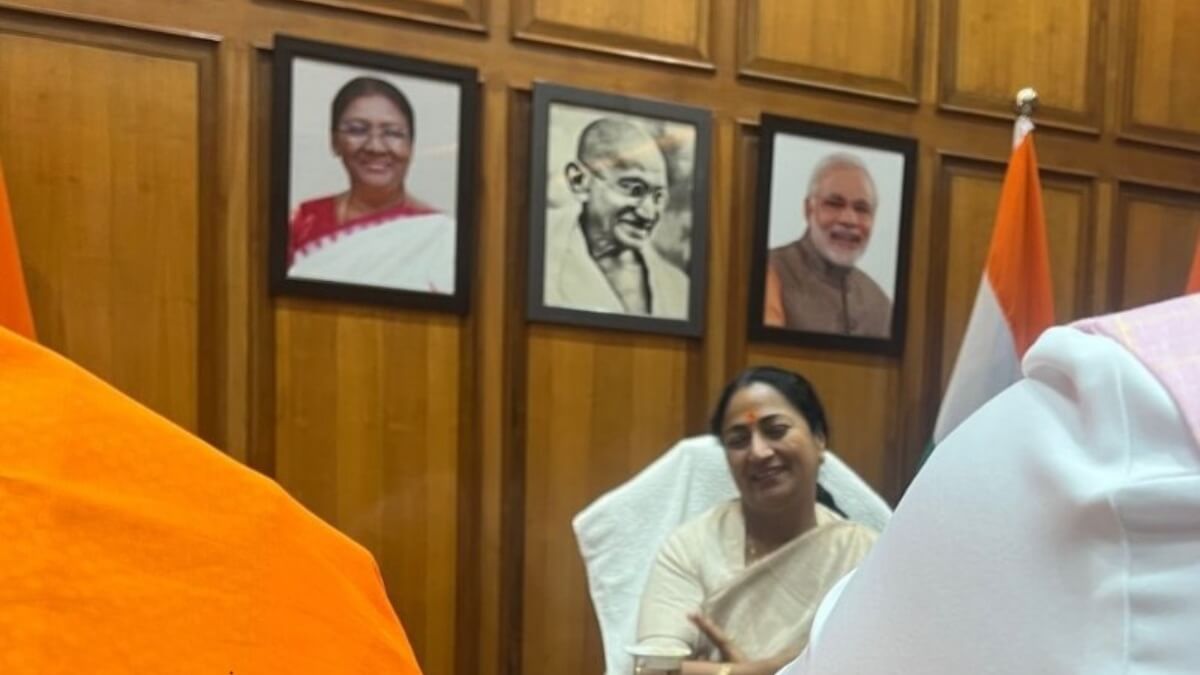
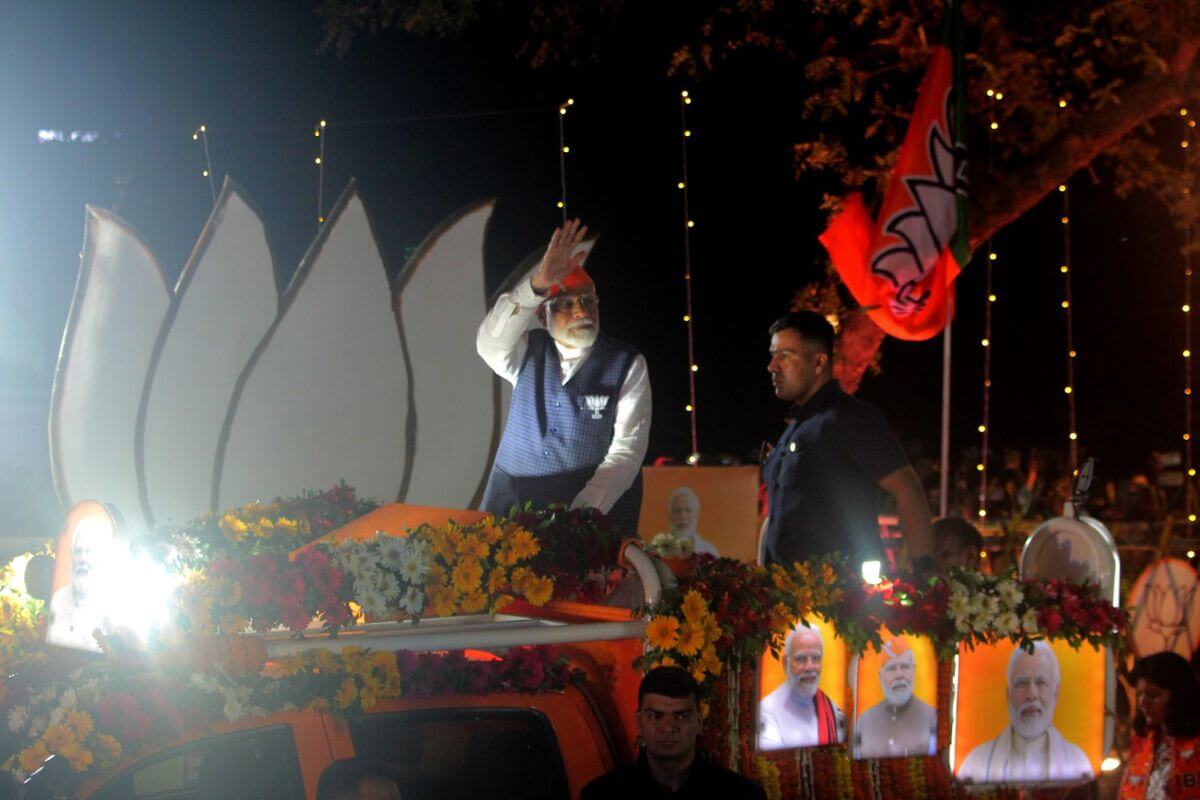



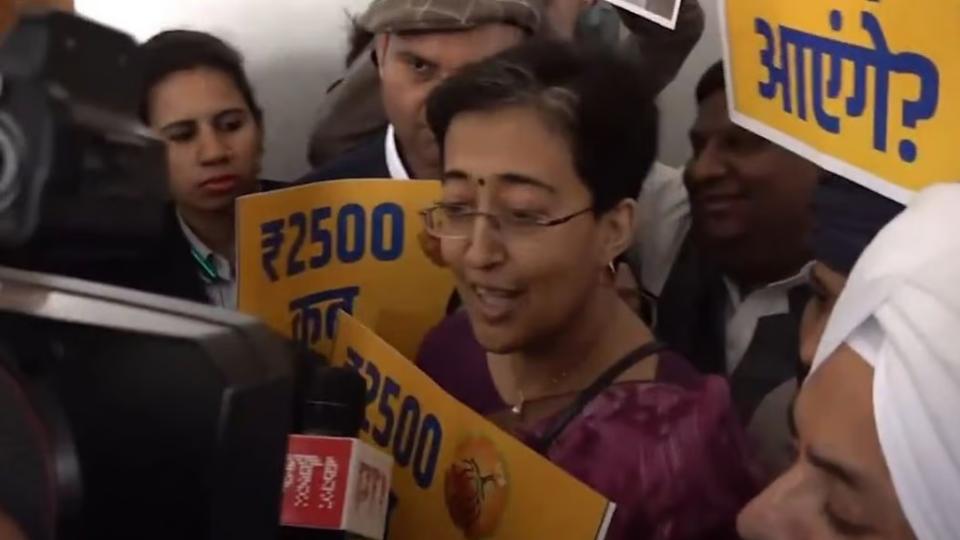
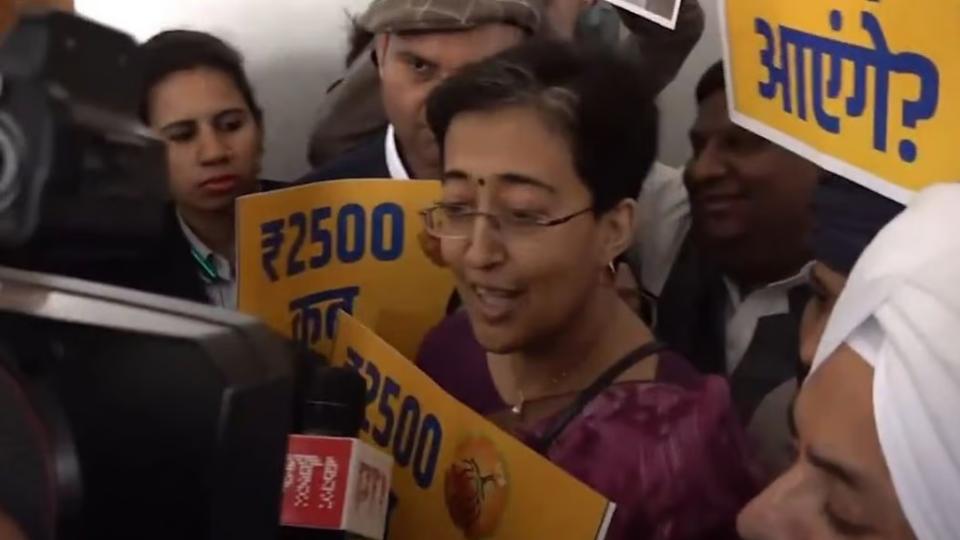
.jpg)





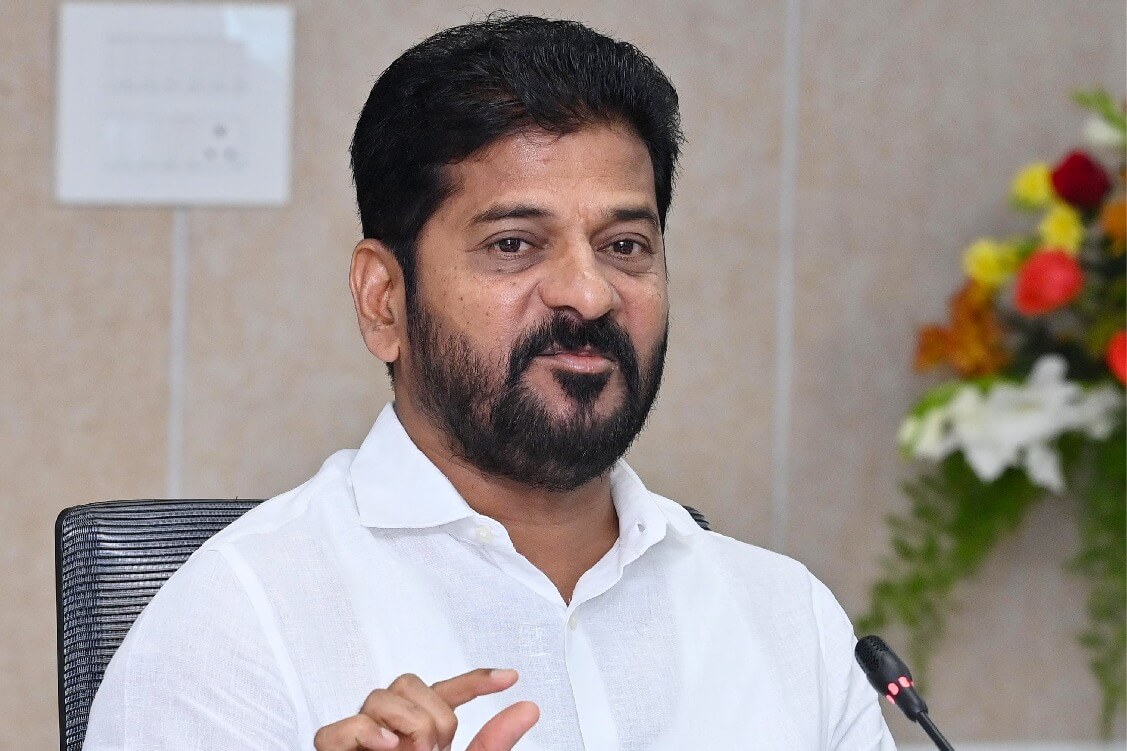
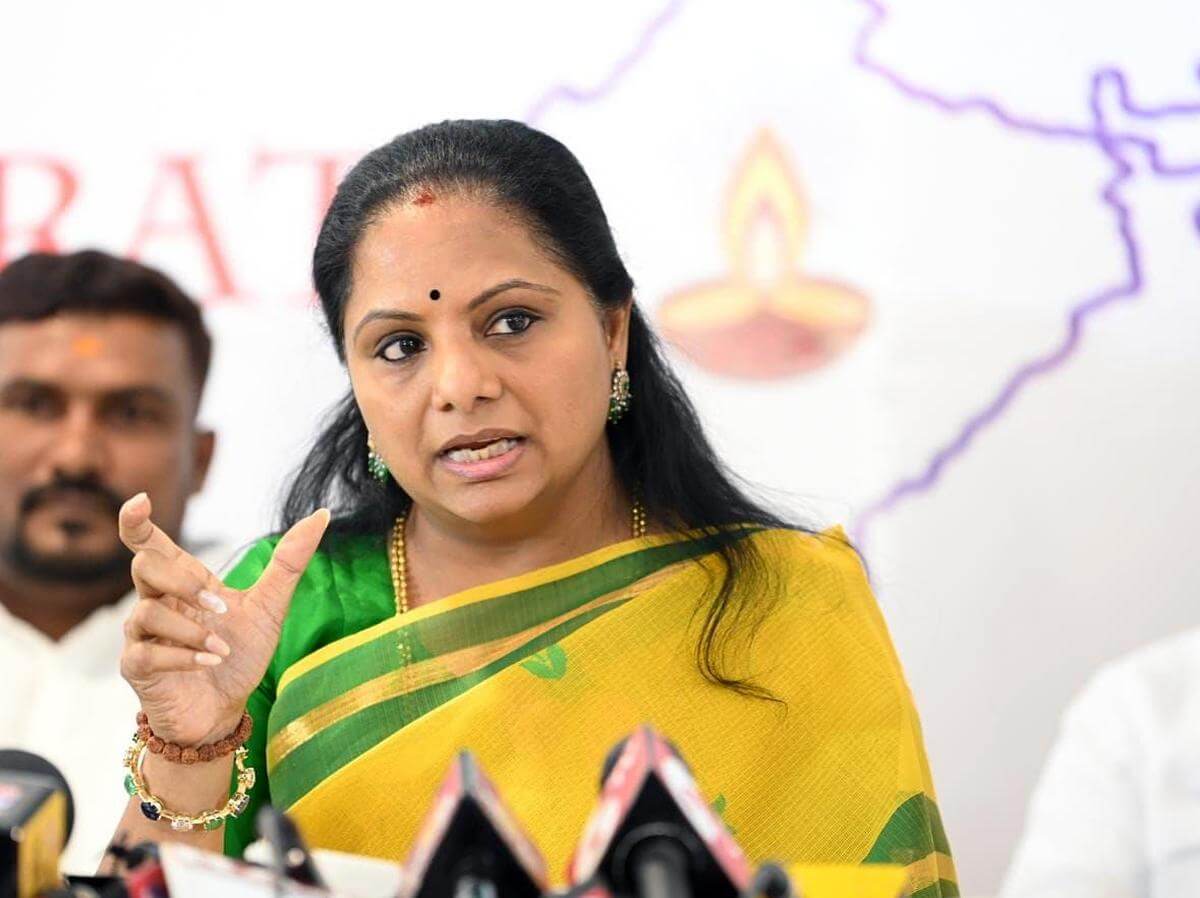
.jpg)
.jpg)
.jpg)
.jpg)
.jpg)
.jpg)


















